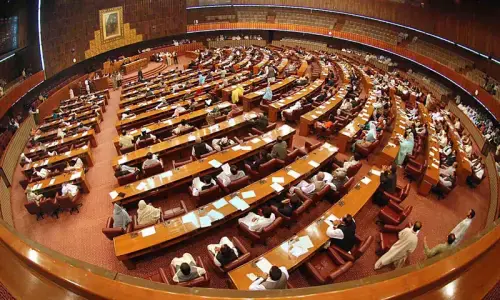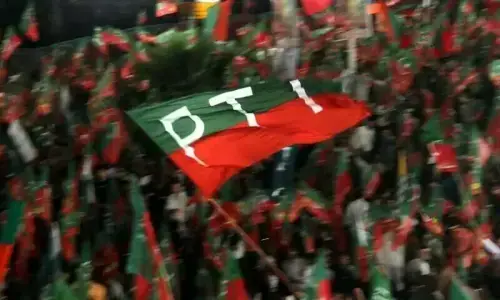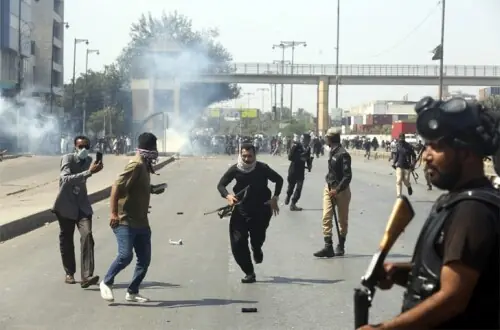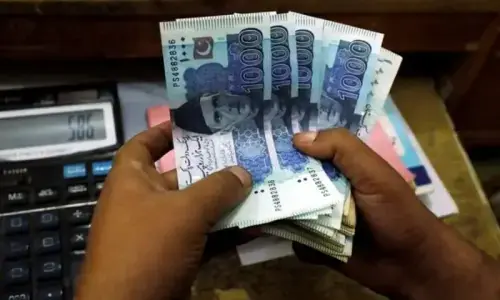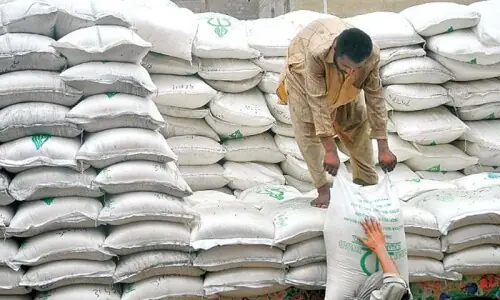LAHORE: Chief Justice of Pakistan Mian Saqib Nisar constituted on Sunday a separate cell at the Lahore registry of the apex court to redress grievances of resource-less complainants.
A staff member of the SC registry will receive applications of minorities and those pertaining to human rights violations and forward the same to the chief justice after scrutiny.
Justice Nisar issued the directives when a woman of Sialkot, Sughran Bibi, said that she was not allowed to see him (the CJP) due to security protocol. The CJP had taken notice of the hue and cry of Sughran outside the SC registry building a day earlier and asked her to come to the court on Sunday.
Sughran Bibi claimed before a two-member bench of the SC on Sunday that her only son was got killed in a fake encounter with police when she refused to hand over her home to Azam Butt and his accomplices of the area. Later, Azam Butt got her implicated in a kidnapping for ransom case and she had to serve 10-month jail term.
She alleged that her elder daughter was kidnapped by the accused during her imprisonment and there was no clue yet about her whereabouts.
The CJP ordered that the matter be treated as a suo motu case while directing issuance of notices to all the accused, including the police officers, to appear before the court at the next hearing.
While hearing another matter of killing in a fake encounter, the chief justice ordered the Kasur sessions judge to hold a judicial inquiry and submit a report on April 7.
Medical colleges’ applications
The Supreme Court ordered the Pakistan Medical and Dental Council (PMDC) to finalise the applications of three new medical colleges — Al-Aleem Medical College, Lahore; Niazi Medical College, Sargodha; and CMH Kharian Medical College — for recognition in a week.
The court directed the PMDC to scrutinise the applications of the colleges in accordance with the new criteria, besides giving the colleges three months to meet deficiencies and shortcomings.
The court also directed the owners/administrations of the colleges to submit an affidavit that they would be subject to legal and civil action in case of non-compliance.
The SC bench comprising Chief Justice Nisar and Justice Ijazul Ahsan issued the orders while lifting a ban on recognition of new medical colleges to the extent of the petitioner-colleges on their applications during the hearing of the suo motu case against exorbitant fee structure of private medical colleges.
At the outset of the hearing, the bench criticised the administration of the Pak Red Crescent Medical College for its failure to provide required facilities and complete the faculty.
The counsel for the college administration said that the institute faced certain problems due to various reasons and requested the court to grant it six months to overcome the shortcomings.
The bench observed that it could not give six months and directed the college administration to overcome the shortcomings in three months.
Earlier, a Federal Investigation Agency official submitted a report on the investigations carried out into the college affairs in compliance with the court orders.
Published in Dawn, March 26th, 2018

